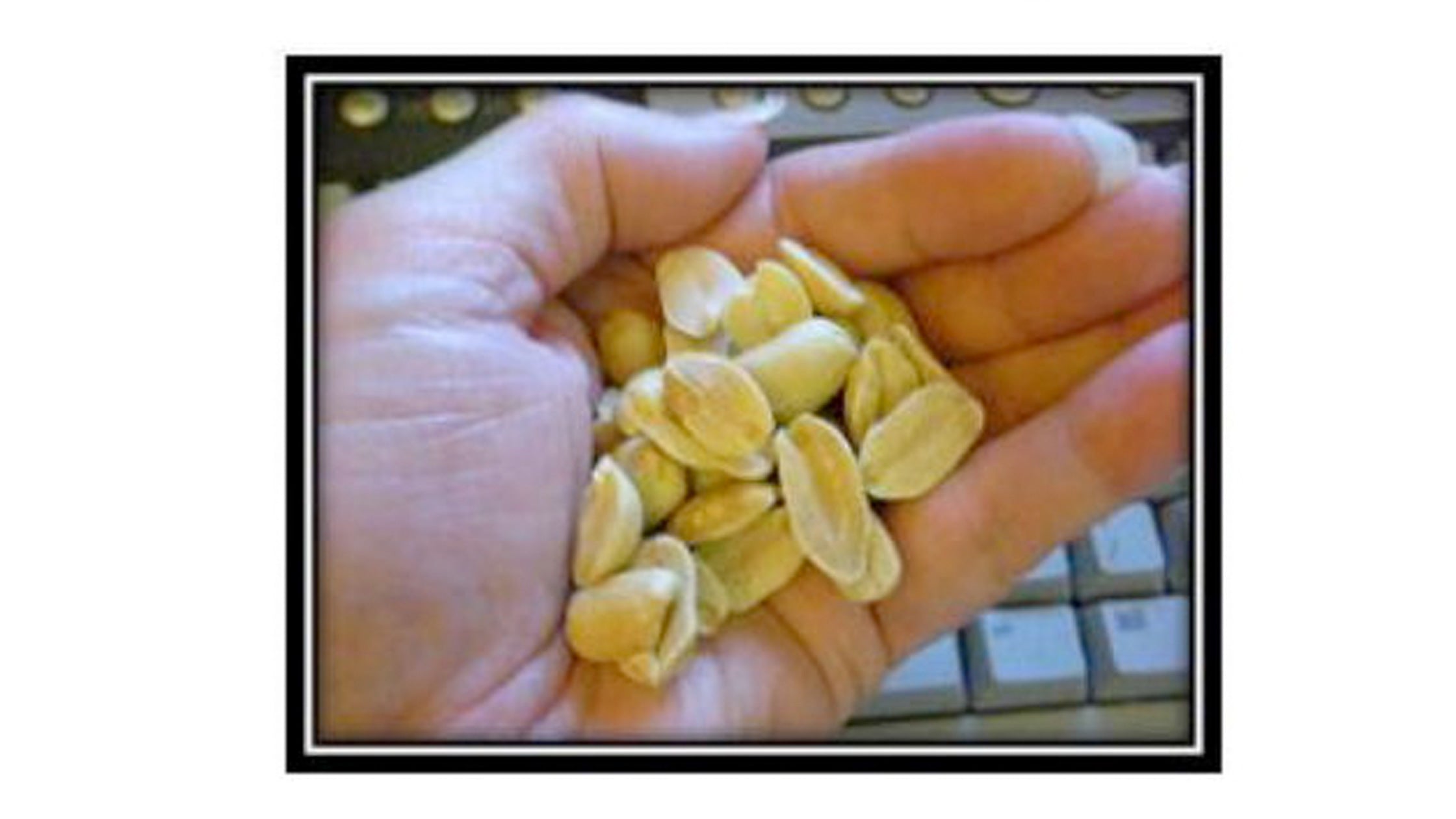See http://coach.nine.com.au/2016/12/05/11/33/not-all-kilojoules-are-equal#lli2dc3sSVcfcpU8.99 for the full article.
Disclaimer: Please note all data and information provided on this blog is for informational purposes only. morishnuts.com makes no representations as to accuracy, completeness, currentness, suitability or validity of any information on this site and will not be liable for any errors, omissions or delays in this information or any losses, injuries, or damages arising from its display or use. All information is provided on an as-is basis and caution should be exercised with links to other websites of interest.



